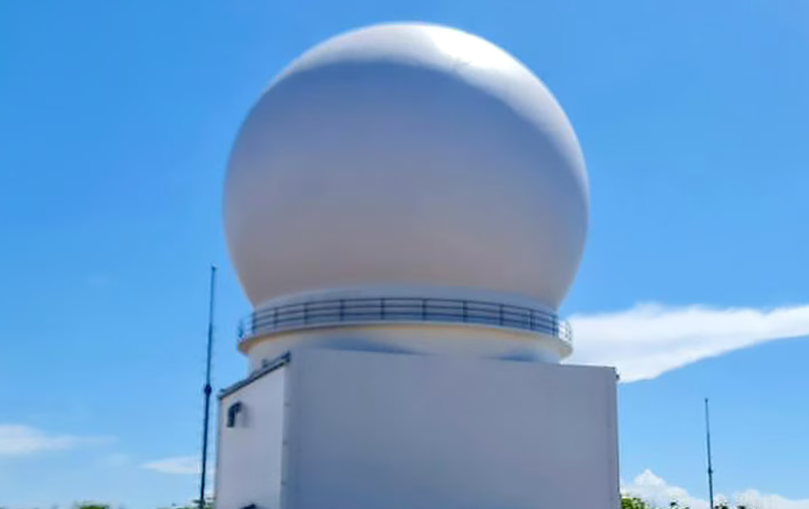In a move to fortify its defence against China's increasing assertiveness in the South China Sea, the Philippines has unveiled a cutting-edge radar system developed by Japan's Mitsubishi Electric.
This development marks a crucial milestone in the Philippines' efforts to safeguard its sovereignty in a region where tensions have escalated in recent years.

Philippines' New Radar System
Nikkei Asia reports that the radar system, strategically positioned on the northwestern coast of the Philippines' largest island, provides an unobstructed view of vital territory subject to heightened tensions due to China's encroachments.
Defense Secretary Gilbert Teodoro highlighted its significance, stating that the system grants visibility up to 300 nautical miles, allowing early detection of intrusions in the country's airspace.
Escalating Tensions in the Region
The backdrop for this deployment stems from alarming incidents at the Scarborough Shoal, where China's actions have unnerved Manila.
In December, Beijing's aggressive behaviour included using water cannons and ramming Philippine vessels during a resupply mission. The radar system, part of the Armed Forces of the Philippines' modernization program, is a robust response to such provocations.
The significance of this milestone extends beyond bilateral relations, marking Japan's first export of a complete defence product since relaxing its long-standing arms trade ban in 2014.
The partnership between Japan and the Philippines signifies a pivotal step in bolstering regional security amidst China's expansive maritime claims.
"Through Mitsubishi's delivery of the radar system, Japan is determined to revive its position as a defence equipment provider not only in the Philippines but the rest of Southeast Asia," Mark Manantan, a cybersecurity and critical technologies director, told Nikkei Asia.
Read Also : US, South Korea, Japan Unite Efforts Against North Korea's Cyber Threats, Space Launches
Apart from its detection capabilities, the radar system serves as an early warning mechanism, surveilling aircraft and providing real-time information.
Its integration into the Philippines' defence infrastructure symbolizes a significant upgrade from outdated radars dating back to the era of U.S. military bases in the country.
Expanding the Radar System
Japan Times tells us that the Philippines aims to operationalize two additional fixed radar systems and a mobile radar unit by 2026. However, details about their specific locations remain undisclosed, adding an element of anticipation regarding their strategic positioning.
The collaboration between Manila, Tokyo, and Washington extends beyond the radar system, with plans to share collected data.
This cooperation underscores a commitment to bolstering regional security and maintaining stability in the face of escalating tensions.
In Other News
The 'ALPHV' or 'Blackcat' ransomware gang has reportedly issued more threats, implying attacks on critical US infrastructures,
This is just days after the FBI confirmed it took down the cyber gang's website and recovered the files of approximately 500 victims using a decryption tool.
At the same time, the ransomware gang has encrypted the data of over 3,000 victims.
Stay posted here at Tech Times.
Related Article : UK, Japan, Italy Sign Pact for Supersonic Stealth Fighter: Global Combat Air Program Advances





